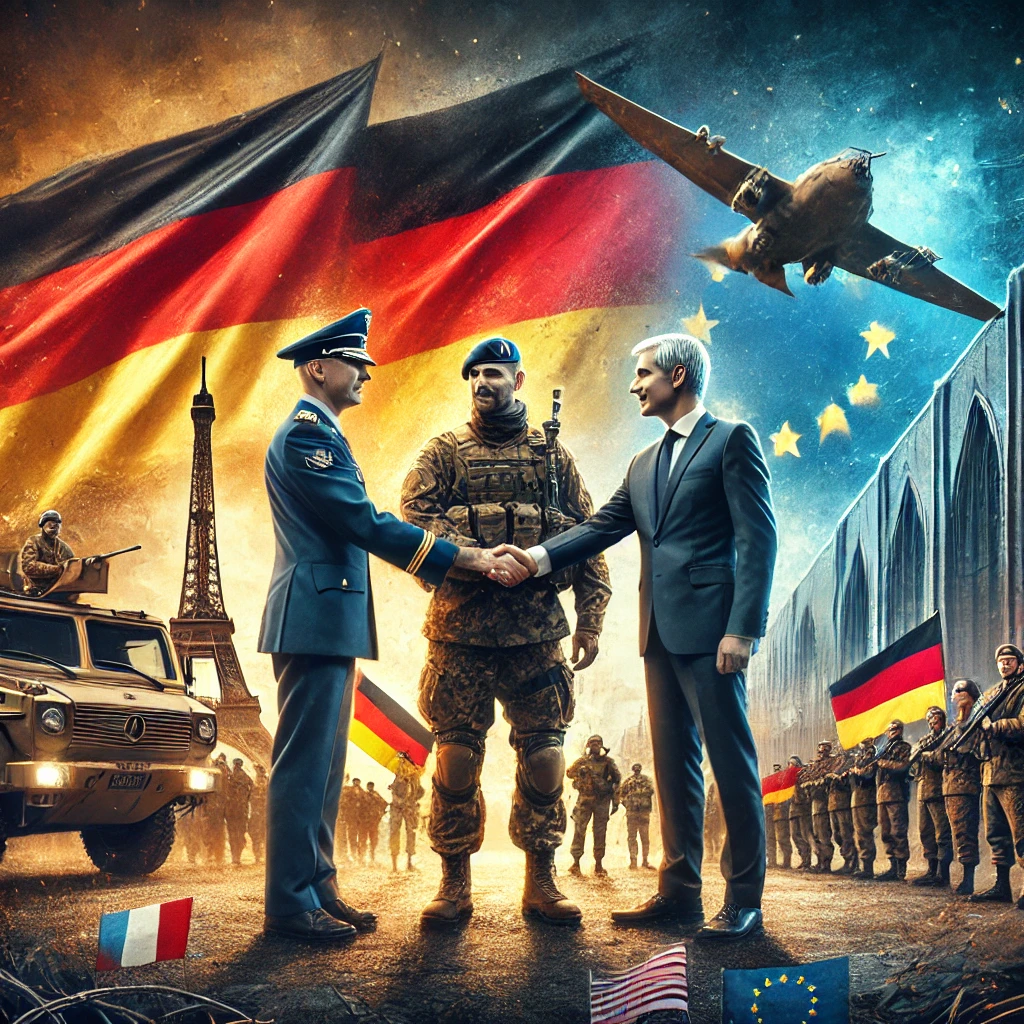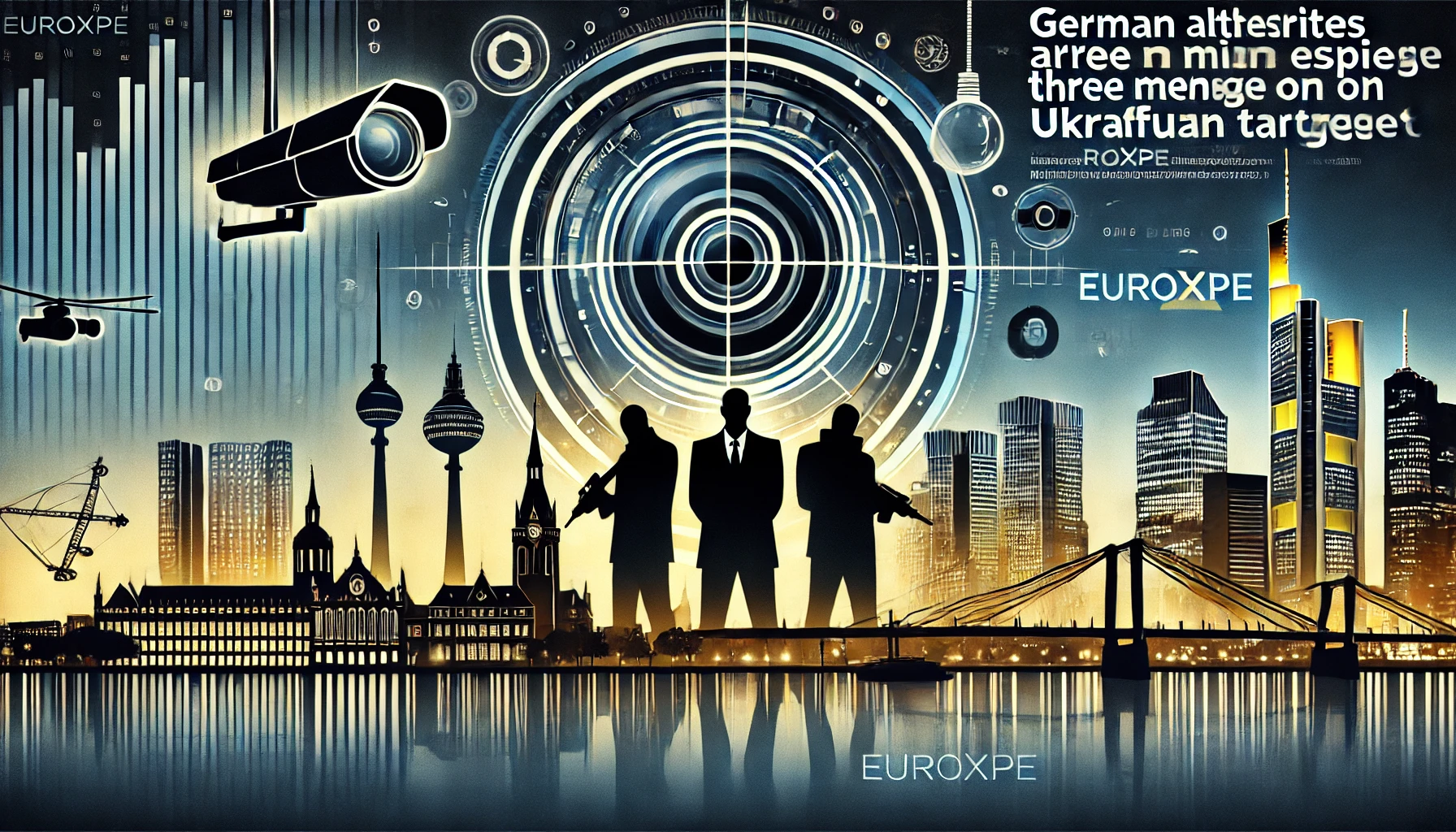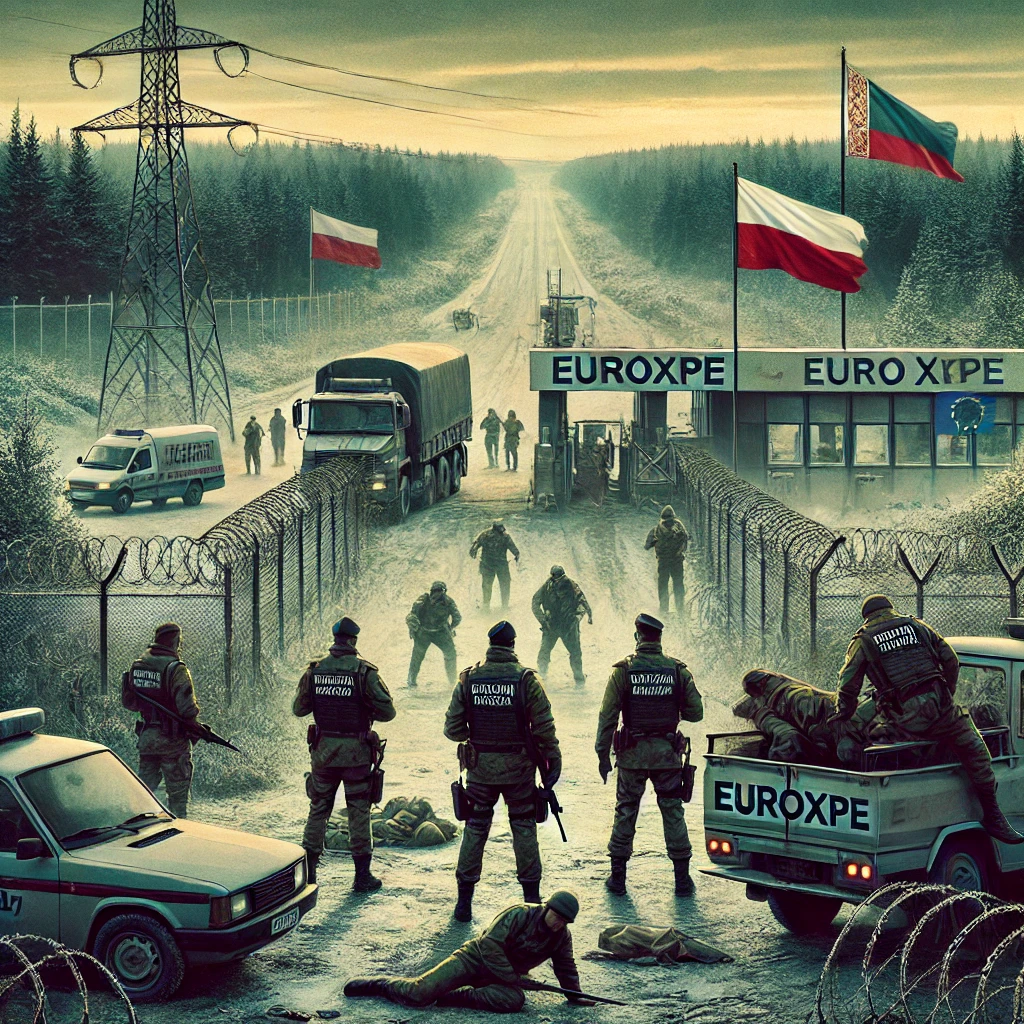France, Germany, and Poland have agreed to intensify their defense cooperation amidst a politically charged atmosphere in France, where a snap election looms large. This strategic move was announced during a significant meeting held in Paris, involving French Armed Forces Minister Sébastien Lecornu and his German and Polish counterparts, Boris Pistorius and Władysław Kosiniak-Kamysz.
This crucial announcement highlights joint exercises, enhanced military mobility, and industrial collaboration. It comes at a time when French President Emmanuel Macron’s political landscape is facing turbulence. Macron dissolved the parliament unexpectedly following a substantial defeat to the far-right National Rally in the European election. This political shake-up has cast a shadow over Lecornu’s future in his current role.
Boris Pistorius expressed his personal hopes regarding Lecornu’s continued tenure, emphasizing the importance of the ongoing cooperation. “On a totally selfish personal note, I’d be delighted to be able to continue the good cooperation we’ve established with Sébastien Lecornu, there’s a lot to do. Defence policy has never been so important,” Pistorius stated, underlining the potential impacts of the upcoming election results on European defense dynamics.
Kosiniak-Kamysz echoed these sentiments, stressing the broader European implications of the French voters’ decisions. He underscored the need for unwavering support to Ukraine, a policy pillar for Warsaw, which might face uncertainty should the National Rally gain power given their historically pro-Moscow stance.
The Weimar Triangle—a diplomatic format among France, Germany, and Poland—has seen a revival with this meeting, the first since 2015. During Poland’s nationalist Law and Justice (PiS) party’s tenure, relations within the triangle had cooled significantly, marked by distrust towards Germany and strained defense relations with France. The fear is that a similar nationalist governance in Paris could replicate these cooperation challenges.
In a show of renewed commitment, Lecornu announced France’s intention to join the military Schengen agreement, which Poland, Germany, and the Netherlands had previously signed. This agreement aims to streamline troop and military equipment movement across member states, removing bureaucratic hurdles that hinder operational effectiveness.
“There’s no effective defense without effective mobility. Bureaucracy cannot stand in the way of our operational activities,” emphasized Kosiniak-Kamysz, reflecting the collective sentiment towards enhancing military readiness and cooperation.
Next year will see France, Germany, and Poland conduct joint military exercises in Poland, further solidifying their defense ties. Moreover, France, Germany, and other interested nations plan to sign a letter of intent at the upcoming NATO summit in Washington, focusing on developing joint deep-strike capabilities, showcasing France’s leading role with its naval cruise missile technology.
Pistorius and Lecornu also highlighted the inclusiveness of their next-generation battle tank and fighter jet projects, inviting other European nations to participate. While Kosiniak-Kamysz did not confirm Poland’s participation, citing Poland’s preference for U.S. and South Korean arms, the invitation remains open.
The commitment to supporting Ukraine remains steadfast, with Lecornu confirming continued provision of advanced missiles and fighter jets to bolster Ukraine’s air superiority. However, National Rally’s prime ministerial candidate, Jordan Bardella, has made it clear that his party would halt long-range missile shipments to Kyiv, signaling potential shifts in French foreign policy should they gain power.
Despite the looming political changes, Lecornu assured that the current military aid agenda to Ukraine is independent of the electoral calendar, maintaining that President Macron will uphold France’s commitments at the forthcoming NATO summit, regardless of the election outcome.






